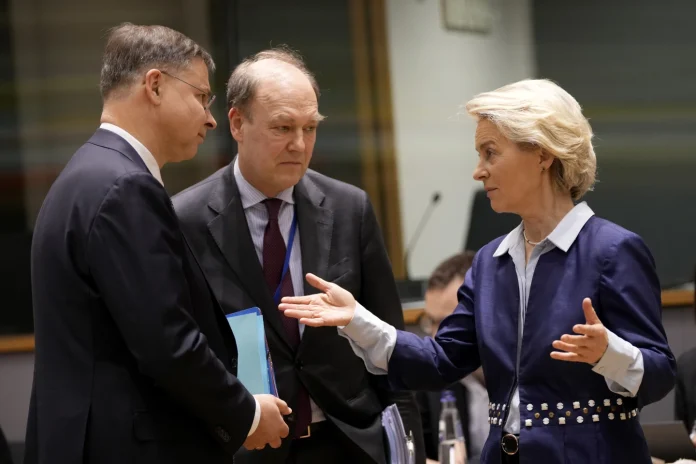The introduction of high tariffs on Russian grain imports to the EU will have little or no impact as the volume of Russian grain entering the EU is very low and is not worth a lot of money, according to bne IntelliNews.
The European Commission proposed a tariff of 95 euros per tonne on grain imported from Russia and Belarus, with the plan being discussed at an EU summit in Brussels on 22 March.
The measure is aimed at preventing potential market destabilisation by keeping out large volumes of grain from Russia, which has had record-high harvests for several years. However, the tariff hike will have little or no impact on Russia, as a senior EU official noted that the nearly 5 million tonnes of annual grain exports from Russia to the EU represented only 1% of the total EU grain market and were worth only €1.3 billion in 2023
Russia has long diversified its grain exports to the so-called friendly countries of the Global South. Russian grain exports in the 2023-2024 crop year could reach up to 65 million tonnes, President Vladimir Putin declared earlier this year.
Although the new grain tariffs will not have a significant impact, they, nevertheless, cover a wide range of grain products, including staples such as wheat, maize and sunflower meal. The European Commission stated:
The measures are designed to prevent EU market destabilisation through any future significant redirection of Russian grain products onto the EU market.
Grain prices rose sharply in the months following the outbreak of war two years ago due to uncertainty over the continuation of Ukrainian grain supplies. However, prices stabilised quickly after the Black Sea grain deal, which was extended twice and then suspended last summer. Since then, Ukraine has resumed grain exports by sea after establishing solidarity corridors to accelerate exports.
While the EU promotes the restrictions as protecting the EU grain market from potential imbalances and ensuring the continuity of fair competition within the bloc, member states, such as Poland and France, are currently dealing with angry farmers who are campaigning over green regulations on agricultural production.
Restrictions on Russian and Belarusian farm products are partly designed to give some political weight to this argument, experts note.
